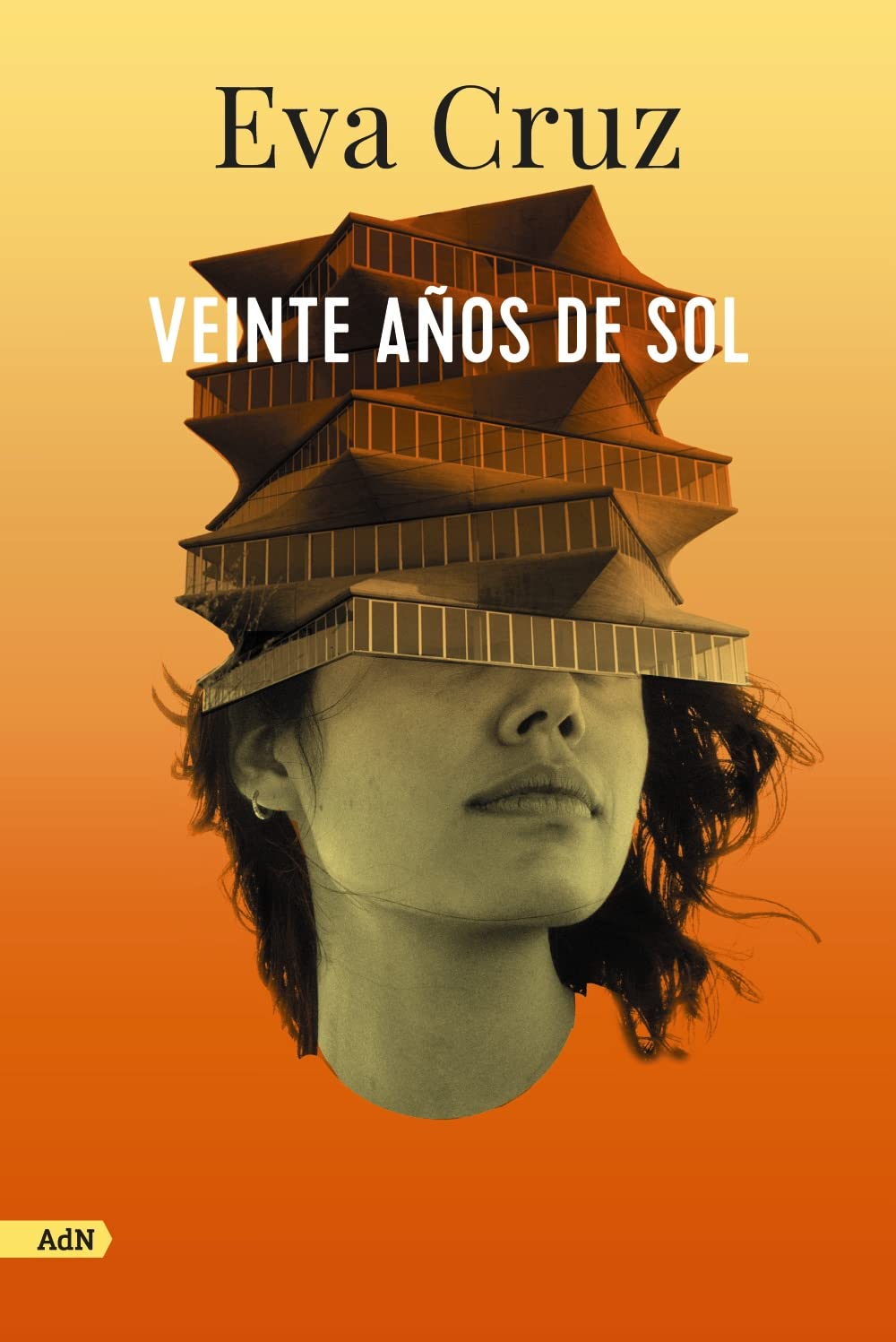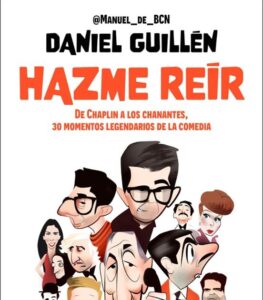
About the book
Eva Cruz publishes her first novel Twenty Years of Sun, an inspiring reflection on memory and the passage of time
The philologist, journalist and translator Eva Cruz debuts as a novelist with Twenty Years of the Sun, a story “against youth, and also against nostalgia.” With concise, evocative prose, full of irony and maturity, the author bursts onto the literary scene with a reflection that will last after the last page of this masterful novel: what happens to your first love when twenty years fall upon him?
“I am always thinking in terms of plots and characters, it has always been my way of understanding the world. I had a story there that haunted me and haunted me and the two ideas came together, that of erasing a memory and the relationship between two friends,” explains Cruz about the origin of this work, which “deliberately seeks contradiction.” “Almost all our thoughts are impure, our true opinions change and are nuanced from one interlocutor to another, from one moment to the next,” he adds.
Sol, the protagonist of the story written by Eva Cruz, builds memories and lives inside them as if they were a house. The other main characters orbit around him until an event, the beginning of the terrifying hospital journey of his father, Eduardo Zarza, turns his life and that of his narrow circle of trust upside down. At that moment, the need arises to ask ourselves to what extent our loves, our memories or loyalties define who we are.
“Youth is a time in which we accumulate debts of authenticity that life later tries to collect from us. We anchor ourselves to things thinking that they define us, and in fact they do, but we have to know how to let go of ballast, raise anchors from love, from family, from friends. This is very difficult for my characters to learn. It costs us all,” says Cruz. Likewise, he adds that Twenty Years of Sol “says several contradictory things at the same time, and it is deliberate. Coherence is hugely overrated and a drag on fiction. Almost all our thoughts are impure, our true opinions change and are nuanced from one interlocutor to another, from one moment to the next.”
The novel also surprises with the way it tells the story, with jumps in time, something the writer has chosen for theoretical and practical reasons. “Memory is not linear, it is built based on scenes. And in a novel that reflects on memory and questions it, I was interested in the plot being kaleidoscopic. Also, one of the things that interests me about memories is how the present stains them, makes them dirty. From a practical point of view, this is my first novel, and novels require marathon concentration and endurance, for which I was not prepared. Jumping from scene to scene, everything flowed better.”
Source: https://algunoslibrosbuenos.com/veinte-anos-de-sol


